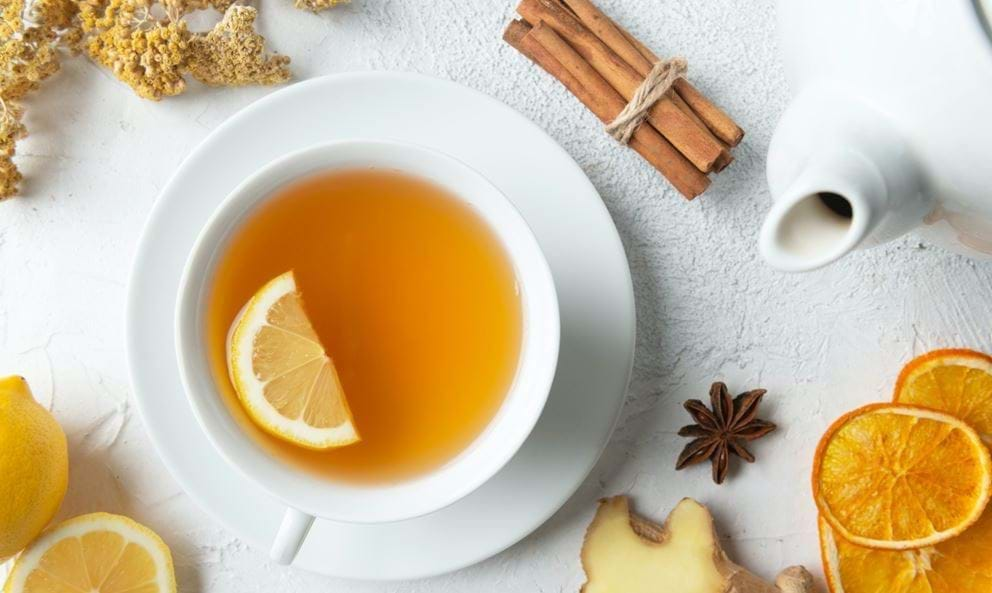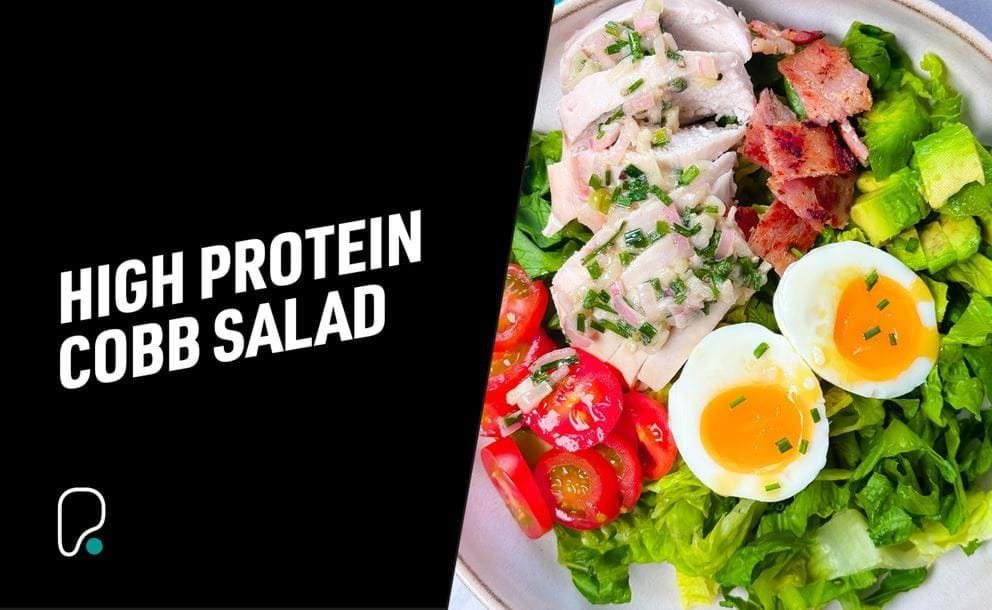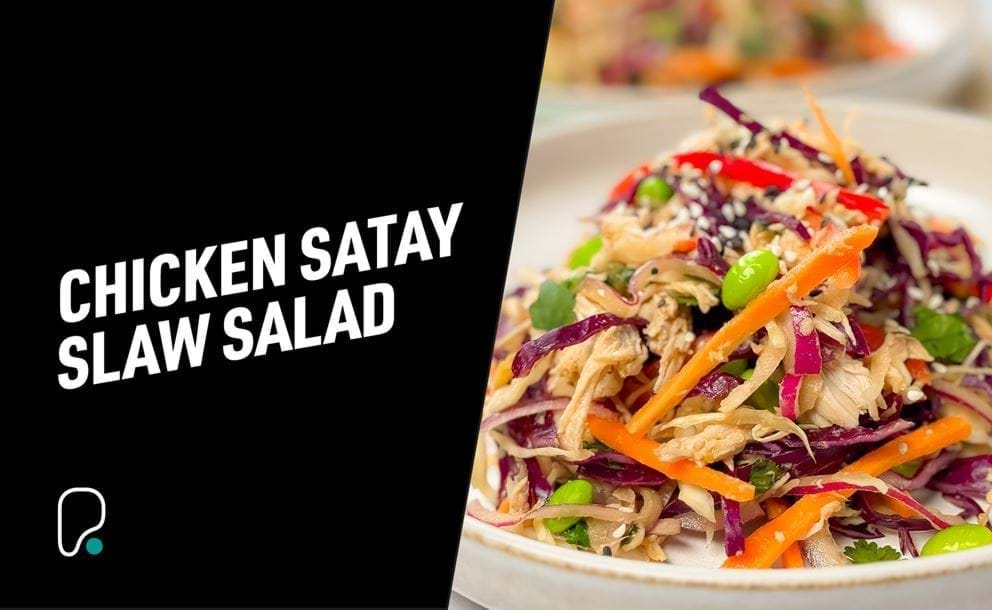Do You Really Need to Detox? 7 Tips and Tricks to Improve Your Health All Year Round

Detox diets have gained a huge amount of traction over the last few decades, with many -- including celebrities -- hailing them as a way to eliminate toxins from the body, lose weight, reduce fatigue, and improve health.
Detox diets can take many forms, with a new version seemingly crop up every year. From juice cleanses to water fasts and detox teas, there is no end to the amount of detoxes and cleanses available to choose from, with some options racking up huge costs!
The truth is humans do not need to detox. Between your liver, kidneys, intestines, and lungs, the body is well equipped to remove toxins and waste from the air we breathe and the food we eat. In fact, if we weren't so good at it, we probably wouldn't have survived this long!
Why do people turn to detox diets?
There are several reasons someone might go on a detox diet, but popular reasons include:
Wanting to lose weight fast
Feeling sluggish and tired
Suffering with bloating
Fortunately, adopting a healthy lifestyle can also help to overcome these issues. Why not ditch the juice cleanse and try these 7 tips instead?
Eat more fruit and vegetables
Okay, this is probably something you have been told time and time again from a young age but there is good reason for that. Fruit and vegetables are packed full of vitamins, minerals, and phytonutrients, all which play a part in supporting your health. In fact, vitamins and minerals are essential in making sure your body works properly!
Fruit and vegetables also contain phytonutrients, substances which help to protect plants from parasites and disease. While these aren't essential in the way vitamins and minerals are, they thought to contribute to overall health in a wide array of ways; including boosting immune function and tackling cancer-causing free radicals. [1]
Eat enough fibre
If you are considering a detox because you want to clear out your digestive system, why not make sure you are getting enough fibre instead? Most adults only eat around 18g of fibre a day, when we really need around 30g. [2]
Getting enough fibre is key to having a healthy digestive system, including regular bowel movements. Eating fibre rich foods also helps to feel full after eating, and a fibre rich diet is associated with a reduced risk of heart disease and bowel cancer.
Eating plenty of fruit and veg will help to bump up your fibre intake, but you can also get fibre from grains, beans, and legumes.
Cut back on caffeine, alcohol, and processed foods
Most things in life can be enjoyed in moderation, and caffeine, alcohol, and processed foods sit firmly in that category.
That said, if you are looking to improve your health, taking a break from, or reducing the amount of, these can be beneficial.
For example, caffeine is generally considered safe for healthy adults when taking up to 400mg per day, which is around 2-4 cups of coffee [3]. But, if you are regularly consuming more than 400mg a day, you may struggle with insomnia, headaches, and anxiety, among other symptoms. Cutting back on caffeine can reduce these issues, while still allowing that daily cup of coffee!
Alcohol is quite literally a toxic substance and drinking alcohol does take its toll on the body. Enzymes in the liver break down alcohol into energy, water, and carbon dioxide, typically at the rate of 1 unit of alcohol per hour. An occasional drink is nothing to worry about, but if you are drinking alcohol regularly or in large amounts, there can be many negative effects on your health -- from heart damage to cancer [4]. Cutting back is an easy long term health win, with short term benefits too, including weight loss and improved sleep.
There are also many benefits to cutting back on processed foods, including reduced risk of cancer [5]. Swapping processed foods for whole grains, fruit and veg, and lean meat, will help you to get more vitamins and minerals in your diet, as well as make weight management or weight loss easier if that is one of your goals, as processed foods are typically more calorie dense, and less filling!
Get enough good quality sleep
The importance of sleep when it comes to our overall health cannot be overlooked. The cells in our bodies and brains are restored when we sleep, affecting both our physical and mental health. Short-term effects of a bad night's sleep include being more irritable, hungry, and less able to concentrate, in the long run not sleeping enough can contribute to high blood pressure, heart disease, and diabetes [6].
Feed your gut microbiome
Your intestines contain hundreds of different species of microbes, and these tiny organisms are being increasingly linked to overall health. These microbes, known as the gut microbiome, influence the immune system [7] and brain health [8].
What we eat can directly impact what gut bacteria we have, and a poor diet can lead to an imbalance of bad vs good bacteria. Eating prebiotics and probiotics helps to ensure you have a good amount of beneficial bacteria in your gut, improving digestion and influencing your health.
Prebiotics are a type of fibre that humans are unable to digest, but can be digested by the bacteria in our gut which helps the good bacteria to flourish. Oats, berries and legumes are all great sources of prebiotic fibre.
Probiotics are food which contain live bacteria, so eating probiotics helps to replenish good bacteria, which is particularly important if you have been on antibiotics. Fermented foods such as kefir and sauerkraut are a great source of probiotics.
Increase your exercise
There are almost endless benefits to undertaking regular exercise, including weight management, reduced risk of type 2 diabetes, reduced risk of depression, improved sleep, and reduced risk of cancers [9].
Engaging in more physical activity offers pretty much all of the benefits people seek from detox diets.
Drink more water
Around 60% of the human body is made up of water, so it's no surprise that staying hydrated is key to feeling healthy. While there are many benefits to staying hydrated, drinking enough water is crucial for kidney function -- which means drinking enough water actually helps your body to detox itself.
Taking a holistic approach to your health by making small changes across all areas is a much more effective way of being healthy and feeling confident in your skin, and the results last a lot longer than if you were to do a quick detox diet. Need help making changes? Why not work with a Personal Trainer to achieve your health and fitness goals.
[1] https://www.webmd.com/diet/guide/phytonutrients-faq#1
[2] https://www.nhs.uk/live-well/eat-well/how-to-get-more-fibre-into-your-diet/
[3] https://medlineplus.gov/caffeine.html
[4] https://www.healthline.com/health/alcohol/effects-on-body
[5] https://www.lhsfna.org/index.cfm/the-many-health-risks-of-processed-foods/
[6] https://www.nhs.uk/sleep-and-tiredness/why-lack-of-sleep-is-bad-for-your-health/
[7] https://pubmed.ncbi.nlm.nih.gov/27231050/
[8] https://www.ncbi.nlm.nih.gov/pmc/articles/PMC4259177/
[9] https://medlineplus.gov/benefitsofexercise.html


